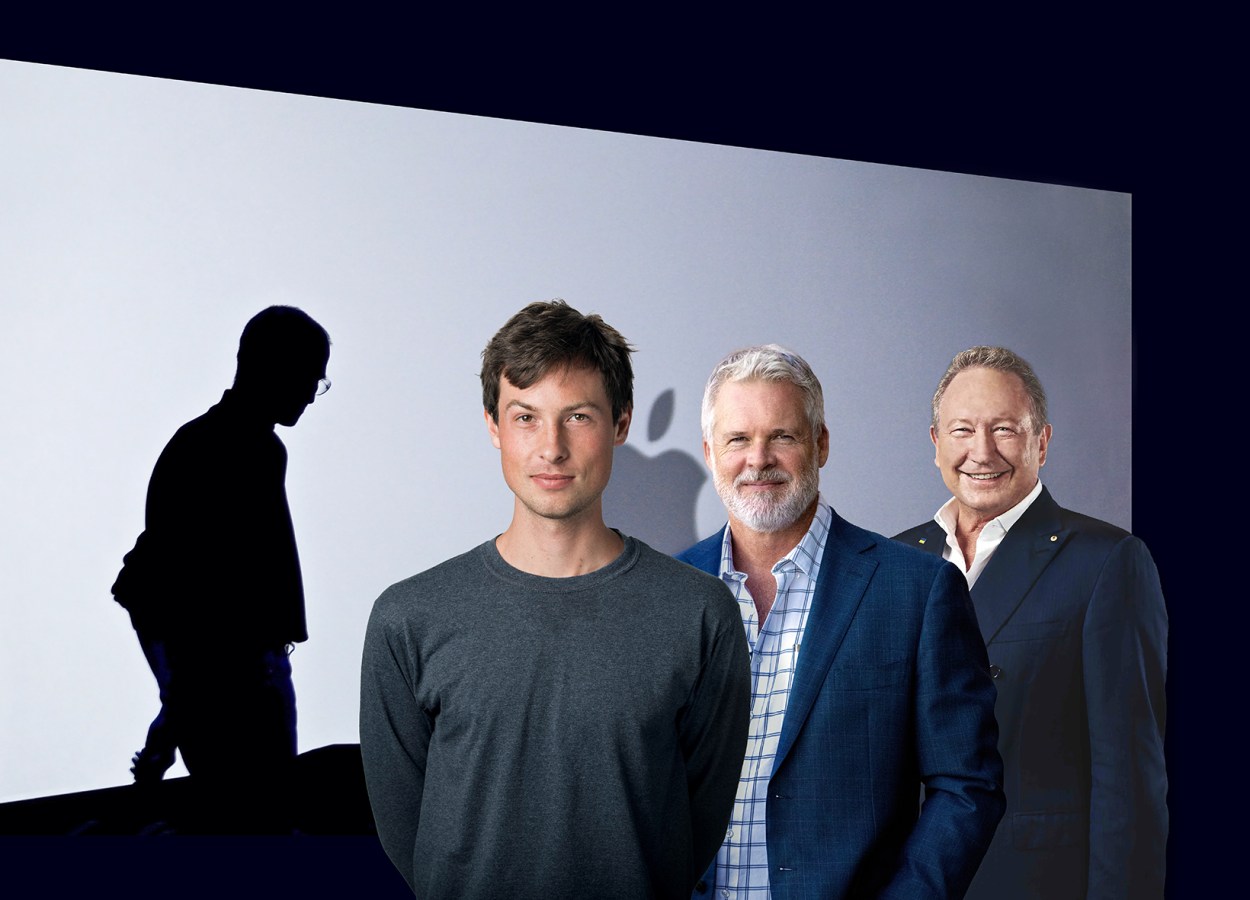“There’s a way to do it better – find it.” – Thomas Edison

Edison’s words have been rattling in my mind a lot lately. Two years ago, ChatGPT launched, sparking a wave of discussions about how AI could reshape industries, including our own at Forbes Australia. Since then, I’ve been pondering how we can embrace AI to improve efficiency in media.
Sure, AI has shown it can churn out articles, videos, code software, and even compose symphonies. But can it replace what truly defines great journalism? The probing investigations, the human connections, stories told face-to-face, source by source?
Not yet. What it will do, though, is something we’d be foolish to ignore.
Media, like many industries, is being upended by these technologies. Every day, I’m hit up on LinkedIn with pitches from AI start-ups promising to 10x our productivity. As tempting as the offers sound, the real challenge isn’t in using the tools – it’s in knowing how to innovate meaningfully.
Innovation requires a willingness to deviate from “how it’s always been done” it’s about rethinking the whole system. And there’s nothing simple about it. But I’m acutely aware that we’ll likely be left behind if we don’t explore it.
I saw this tension up close at the recent National Tech Summit in Melbourne, where every panel circled back to AI, from its promise to its pitfalls.
When I sat down with Atlassian co-founder Scott Farquhar, he pointed out that in the 24 months since ChatGPT launched, we haven’t yet seen a deluge of tools making a real impact in our personal lives – but the opportunity is huge. It’s a reminder that innovation doesn’t happen overnight. It’s messy. It’s prone to failure. But for those who get it right, it’s revolutionary.
And that’s what makes it exciting.
Speaking of revolutionaries, few embody the spirit of innovation quite like Elon Musk. He’s synonymous with reshaping industries – electric vehicles (Tesla), space exploration (SpaceX), brain tech (Neuralink), and, well, Twitter/X. Love him or loathe him, Musk is one of the most consequential innovators of our time.
But even the boldest pioneers need steady hands steering the ship. Enter Robyn Denholm. The Sydney-born chair of Tesla brings an understated brilliance to her role, grounding the company’s audacious goals with methodical, pragmatic leadership. Mark Whittaker’s cover story in this issue dives deep into Denholm’s journey: from helping out at her family’s petrol station to CFO roles at Juniper and Telstra to now standing at the helm of Tesla’s board.
Robyn’s insatiable curiosity and hunger for learning shine through in every conversation I’ve had with her, whether at the Forbes Women’s Summit or during interviews. She’s not only a powerhouse in the Australian tech ecosystem but also a steadfast advocate for creating a fair, thriving industry. Her leadership extends beyond Tesla – she also chairs the Tech Council of Australia, a role that underscores her commitment to fostering innovation and accountability.
Mark’s story captures her impressive career and the skills – “Pokémon cards” – she gathered on the way that enabled her to guide Tesla and collaborate with Musk, a figure as mercurial as he is revolutionary. It’s an exploration of what it takes to lead in an era defined by constant disruption.
As Edison said, finding a better way isn’t easy. It demands discomfort. Boldness. A willingness to rethink everything. That’s what Musk has done. That’s what Denholm strives to do by building ecosystems where others can thrive. And that’s the challenge for all of us as we navigate an AI-fueled future.
Disruption isn’t slowing down. The only question is: how fast can you move?



